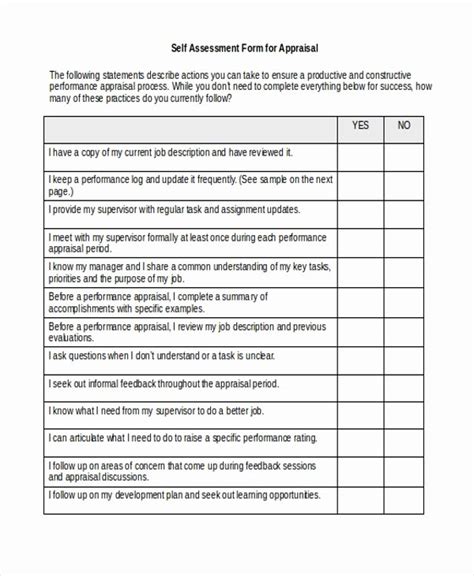Self-Assessment: How To Evaluate Your Performance In English

English is a universal language that connects people from different countries. It is essential to have good English skills for better communication, education, and career opportunities. However, it can be challenging to evaluate your English language proficiency. This blog post will guide you through the process of self-assessing your performance in English.
Why Is Self-Assessment Important?
Self-assessment helps you understand your strengths and weaknesses in English. It enables you to identify areas that need improvement and create a plan to enhance your language skills. Self-assessment also helps you set realistic goals and measure your progress over time.
How To Self-Assess Your English Language Proficiency
1. Identify Your Motivation
Before you start self-assessing your English language proficiency, it is essential to identify your motivation. Why do you want to improve your English skills? Is it for personal or professional reasons? Once you know your motivation, it will be easier to set realistic goals and create a plan to achieve them.
2. Evaluate Your Listening Skills
Listening is a crucial part of communication in English. To evaluate your listening skills, you can:
- Listen to English podcasts, news broadcasts, or videos
- Take notes while listening
- Check your understanding by summarizing what you heard
3. Assess Your Speaking Skills
Speaking is another essential aspect of English language proficiency. To evaluate your speaking skills, you can:
- Record yourself speaking in English
- Practice speaking with a language partner or tutor
- Join a speaking club or group
4. Check Your Vocabulary
Vocabulary is an essential part of language proficiency. To evaluate your vocabulary, you can:
- Take vocabulary quizzes
- Read English books or articles and highlight new words
- Use flashcards to memorize new words
5. Evaluate Your Reading Skills
Reading is an excellent way to improve your English language proficiency. To evaluate your reading skills, you can:
- Read English books or articles
- Summarize what you read
- Check your understanding by answering comprehension questions
6. Check Your Grammar
Grammar is a crucial part of language proficiency. To evaluate your grammar, you can:
- Take grammar quizzes
- Use grammar books or apps to study grammar rules
- Practice using grammar in context
7. Evaluate Your Writing Skills
Writing is an essential part of English language proficiency, especially for academic or professional purposes. To evaluate your writing skills, you can:
- Write essays, emails, or reports
- Get feedback from a tutor or language partner
- Use grammar and spell-check tools
8. Take Language Proficiency Tests
Taking language proficiency tests can help you evaluate your English language skills objectively. Popular tests include:
- TOEFL (Test of English as a Foreign Language)
- IELTS (International English Language Testing System)
- Cambridge English Language Assessment
9. Get Feedback From Others
Getting feedback from others, such as language partners, tutors, or teachers, can help you identify areas for improvement and get tips on how to enhance your language skills.
10. Create A Plan To Improve Your Skills
Once you have evaluated your English language proficiency, it is essential to create a plan to enhance your skills. Your plan should include specific goals, activities, and a timeline.
Conclusion
Self-assessing your English language proficiency is crucial for personal and professional growth. It helps you identify areas for improvement, set realistic goals, and measure your progress over time. By following the steps outlined in this blog post, you can evaluate your English language proficiency and create a plan to enhance your skills.
FAQs
What is self-assessment?
Self-assessment is the process of evaluating your own performance or abilities. In the context of language proficiency, self-assessment helps you identify your strengths and weaknesses and create a plan to improve your skills.
Why is self-assessment important for language proficiency?
Self-assessment is essential for language proficiency because it helps you set realistic goals, identify areas for improvement, and measure your progress over time. It is also a valuable tool for creating a plan to enhance your language skills.
What are some popular language proficiency tests?
Popular language proficiency tests include TOEFL, IELTS, and Cambridge English Language Assessment.
How can I improve my English language skills?
You can improve your English language skills by practicing listening, speaking, reading, writing, and grammar. You can also take language courses, hire a tutor, or join a language exchange program.
How often should I self-assess my English language proficiency?
You should self-assess your English language proficiency regularly, such as every six months or once a year. This will help you track your progress and adjust your plan accordingly.
